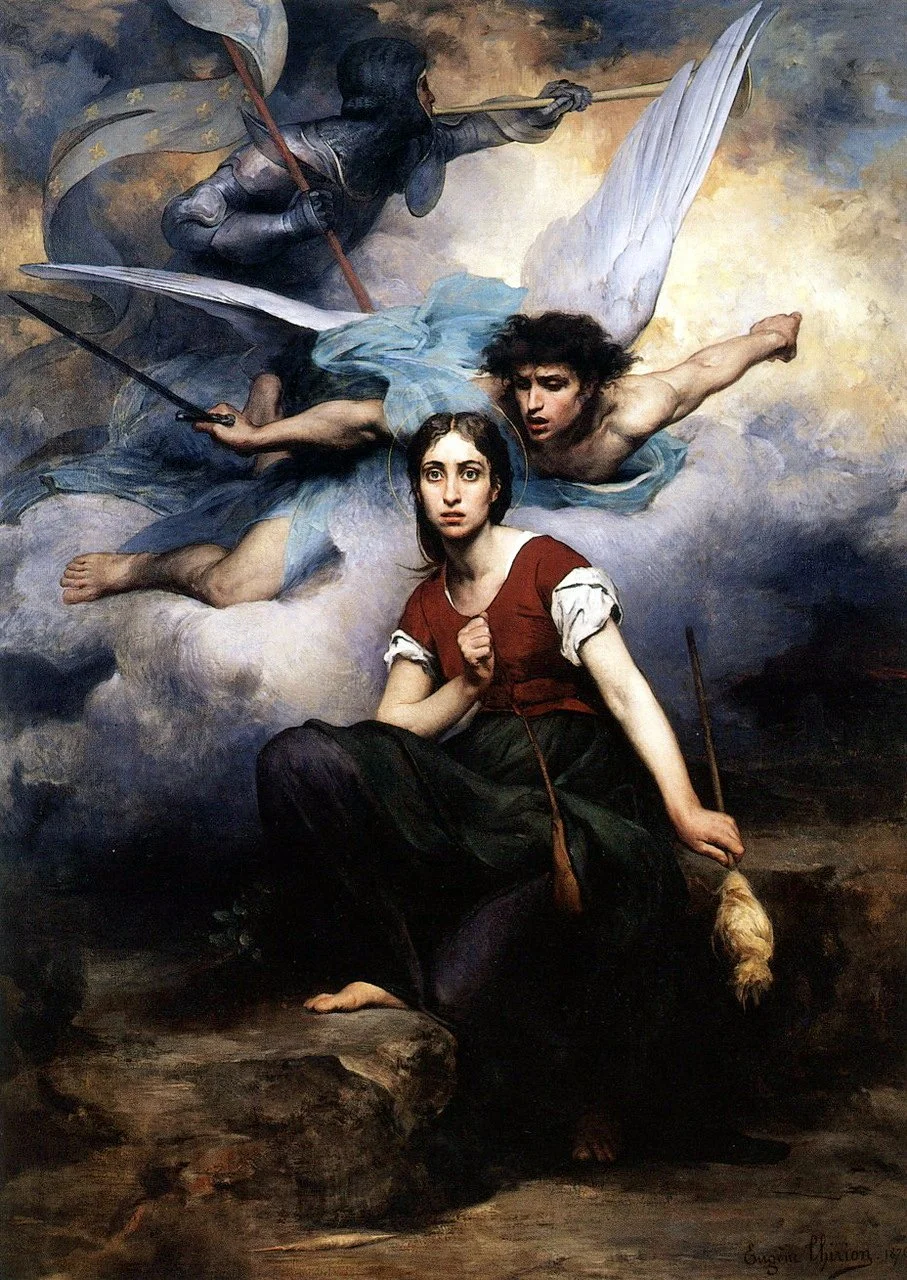I’ve been thinking a lot about transcendence in sports and politics — two fields in which the quantitative and the qualitative collide.
Read more…
Read MoreToday — Monday, Dec. 25 — is, as virtually everyone knows, Christmas Day, an occasion that has not always been about “peace on earth, good will to men.” Perhaps it was always thus, but it has become particularly more so in our politically divisive times.
There are those who resent what they see as their holy day being coopted by the commercial holiday. And then there are those who don’t want secular culture subsumed by what is essentially a religious tradition. What both groups have in common is that they see Christmas as an either/or proposition. In reality, it has always been a mix of the sacred and profane, as it were.
Read more…
Read MoreSeeing President Obama atop the Acropolis in Athens – talking about democracy then and now – made me yearn to get back to Greece in memory. On the fifth day of the Times Journeys’ “The Legacy of Alexander the Great” tour, we visited Philippi, which looms large in Greco-Roman history. The city was originally founded by Alexander the Great’s father, Philip II, hence the name, but it is perhaps most noteworthy for two different moments in history – the victory of Julius Caesar’s supporters Octavian and Mark Antony over his assassins Brutus and Cassius, and the imprisonment of St. Paul, who brought his nascent mission to the Gentiles there.
At the Archaeological Site of Philippi, we looked upon heights where the battle – a turning point as Rome pivoted from republic to empire – is said to have taken place. Fortunately, we didn’t climb them but instead wandered amid the later Roman ruins that included an amphitheater. There John, the thespian among us, amused the group by striking melodramatic poses. ...
Read more
Read More
